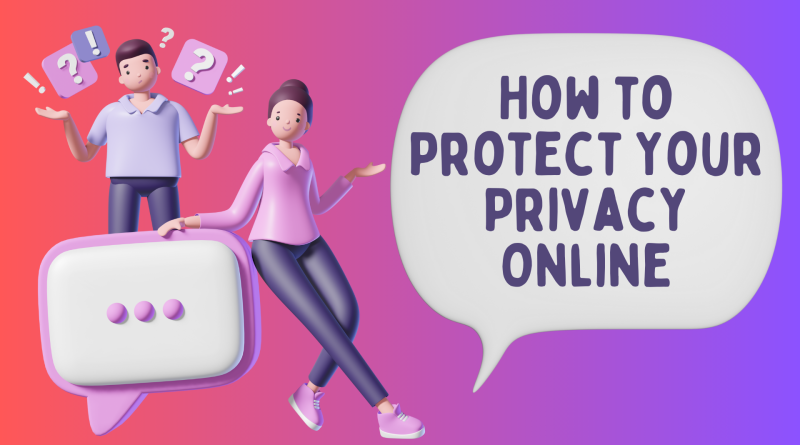Protecting Your Online Privacy A Complete Guide
While total privacy online is impossible, you can bolster your digital security with simple steps. Learn how to protect your privacy from hackers, scammers, and identity thieves with this comprehensive guide.
Privacy-friendly apps and browsers like Brave, which is one of ZDNet’s favorite web browsers, and DuckDuckGo, a search engine that does not log your data, are great options for keeping you safe.
1. Change Your Passwords Regularly
Passwords are essential to your online security, but most people don’t change them regularly enough. This is bad news for your privacy, as hackers can use old passwords to access your account and steal your personal information.
Password changes are important because they make it more difficult for criminals to guess your passwords, and can also help you detect breaches more quickly. In addition to changing your passwords, make sure they are unique and have plenty of entropy.
You should also consider a VPN if you often log into secure accounts while using public Wi-Fi. Malware can infect your computer and put your online privacy at risk, and you’ll want to change your passwords as soon as possible if malware is detected on your device.
2. Install Antivirus Software
A good antivirus program will detect and remove viruses, spyware and other kinds of malware that threaten your computer or laptop. These can be in the form of an attachment to a suspicious email, malware downloaded from a dodgy website, or simply by inadvertently downloading a malicious program.
Antivirus software can also help prevent cyber-crooks from stealing your data. It can encrypt your sensitive files so that they can’t be read by hackers, and it can ensure that any files or data that you download are safe to open.
Installing antivirus software is typically very simple. Most antivirus programs can be downloaded directly from the developer’s website and installed with a user-friendly wizard that guides you through the process. A computer restart may be required for many antivirus programs to fully integrate into the system.
3. Use a VPN
Whether you’re using public Wi-Fi on your commute or browsing the web on vacation, the personal data you transmit online is a goldmine for hackers, scammers and identity thieves. The more information they have about you, the easier it is for them to steal your passwords, hack your accounts and commit fraud.
Using a VPN is one of the best ways to protect your privacy online. By routing your internet traffic through a VPN server, your IP address (which can identify you) is hidden.
This helps prevent cybercriminals from intercepting your information and also prevents your internet service provider (ISP) from throttling your bandwidth or discriminating against specific types of data. When choosing a VPN, make sure it has an audited no-logs policy and isn’t based in a country with known surveillance practices.
4. Install a Password Manager
From banking sites to dating apps, the average person has many accounts that require passwords. Trying to remember each one or using the same password for multiple accounts leaves them vulnerable to cybercrime like account takeover and identity theft.
A password manager helps combat these issues by creating unique, complex passwords for each account and storing them in a vault. Some also provide two-step verification, which requires an authorization code to access the account when logging in from a new device or browser. Additionally, some password managers flag when a username or password has been compromised by a data breach, which can be helpful in protecting the user. Most have features to share passwords with family and friends securely, as well. Some include biometric login options like fingerprint or face recognition.
5. Use Private Search Engines
If you’re worried about mainstream search engines selling your personal data, consider using a privacy-focused alternative. Private search engines like Startpage, DuckDuckGo, SearXNG Instances and Kagi offer an ad-free search experience without collecting your personal information.
These alternatives also don’t track your search history, which can help protect your online privacy. In addition, they use local encryption so your search terms don’t appear in your browser history or URL.
In contrast, mainstream search engines rely on your personal information to skew results toward your preferences. As a result, you may get different search results on the same topic depending on your interests and location. Private search engines limit this bias to ensure you receive unbiased results. This is particularly important if you’re looking for health or financial advice.

